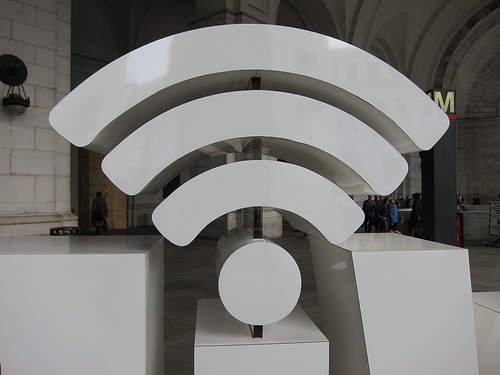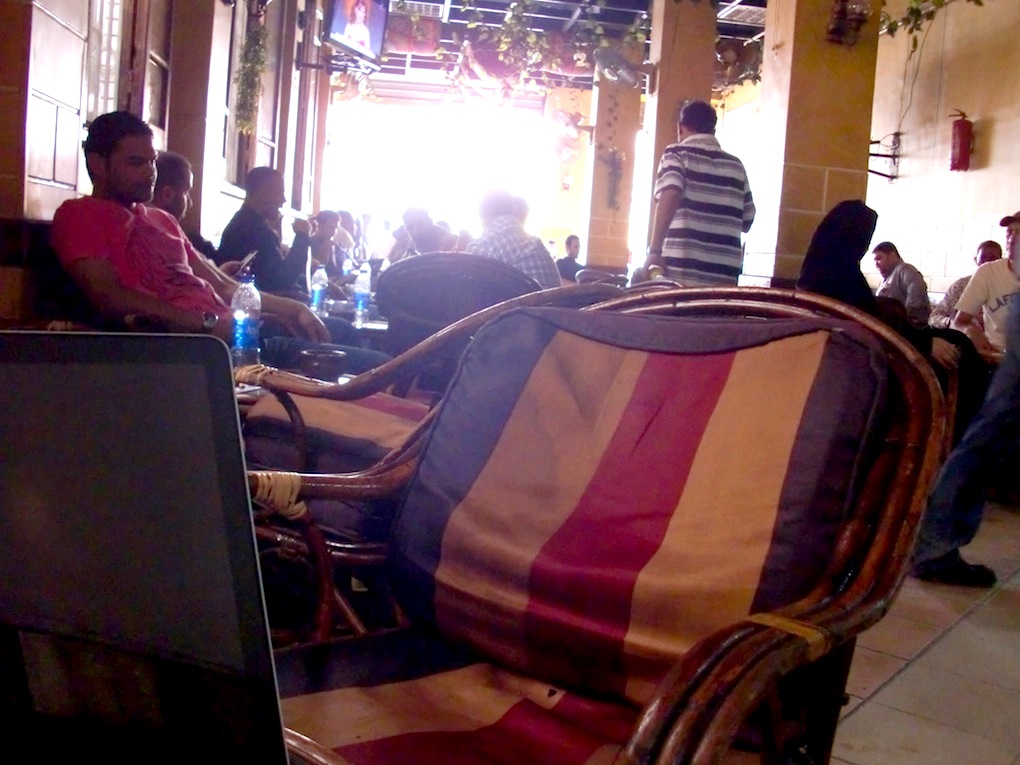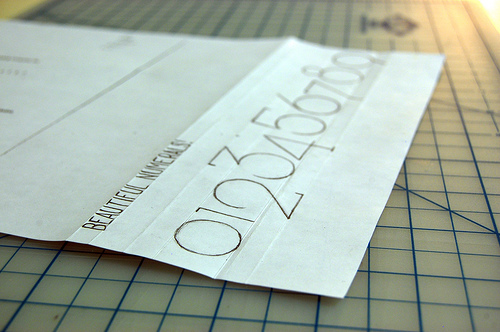There’s nothing like the small joy of seeing those 4 curved lines on your smart phone or laptop indicating a wireless signal is around. That is, until your Internet dreams are broken with a small lock next to said signal, with nobody around to quickly give you a password. Sure, eventually your hostel owner, restaurant waiter, or other employee may come by with a wifi password for you but if not these cultural patterns might come in handy.

 North America: English
North America: English
Let’s start by taking a look at North America, primarily the United States and Canada. While there are other languages spoken in both (oui, je sais Canada) most router passwords tend to come out of the box with the defaults ‘admin’ or ‘Password1’. More and more WPA wireless routers are shipped with random passwords – especially the case in North America – but when you’re in a bind: admin, administrator, password, Password, Password1 or some combination of those 4 options might get you online.
Better yet, here are more default router passwords than you can shake a wireless antenna at.
The Arab World
Nearly all of the time, Arab router passwords are numerals. I suspect this has something to do with the non-Latin script, particularly in restaurants and hotels catering to Westerners and routers that aren’t completely compatible with Arabic characters. Countless times I’ve found the wireless passwords in Arab countries to be the phone number of the establishment.

Keep in mind that in Arabic numbers are read left to right; not the right to left like the alphabet is.
South Africa
Generally speaking, wireless passwords in this part of the world aren’t regularly updated and anything out of the box is going to help your password guessing efforts. That can help you plan around hotel connections before your trip, as a Google search can often reveal the establishment’s wifi password someone was kind enough to post online. Otherwise, Carrie shares this tip:
Almost of the passwords included the name of the hotel or guesthouse. If they had more than one wifi network, the location of the router would be included (i.e. HotelName_SWstairway). There would sometimes be a number too, usually a seemingly arbitrary one (i.e. HotelName881).
Carrie is a web producer, social marketing manager, and general Internet assassin in Los Angeles. You can find her on Twitter @leprecoceferoce.
South America: Spanish-Speaking Nations
There are many regional variations of these cultural default password patterns; unfortunately in South America they’re not quite as generic as travelers performing guesswork would like them to be. Felipe Cornejo points out that many Spanish-speaking South Americans, when choosing passwords tend to fall into one of several camps. Anything from 10 digital national ID numbers to numerical birth dates (sometimes preceded by initials of first and last name). Addresses aren’t as common because often they’re most confusing than actual complex passwords.

Felipe Cornejo is a Managing Partner at Devsu. He specializes in quality assurance and agile project development. You can follow him on Twitter @flpcornejo.
Passwords Reflecting A Glimpse Of Culture
Knowing default password patterns aren’t likely to be a reliable source of Internet hacking access for you but valuable information when you’re in a bind. If anything, people and establishments around the world want their passwords to be easy to remember and falling into predictable patterns that make them much easier to guess. Language and the local culture especially influence where our minds default to when looking for codes; making them a surprising reflection of the non-digital world they help connect.
Feel free to add any password patterns you’ve noticed around the world, including any speculation as to why it is so; the comments below await your input!
[photos by: @jbtaylor (wireless signal), Bruno Santos (password), andymangold (numerals)]









{ 8 comments… read them below or add one }
In Nepal, the password is oftentimes the 10-digit cell phone, and I’ve found the ubiquitous a1b2c3d4e5 to be used a lot as well.
I haven’t seen too much of that second default password around the world – a good one to know, thanks!
Very often in South America, I found that the password is the name of the hotel, or a main word in the hotel name (as in ‘yellow’ for The Yellow Monkey) followed by the year 2011. Some less tech-savvy hotels still had 2010, as the sys admin had not updated the password from last year. So, try theyellowmonkey2011 or yellow2011 or yellow2010 if you want to check your email while cruising around town.
Wonderful details that might come in very handy. Thanks Katherine!!
How did you know my Password1, lol dang ><. Looks like I will be changing it. This article is great, very useful,
cheers,
Leif
LOL, a good reason to change it – probably the most common one you’ll find in North America at least 🙂
In the US, especially in restaurants I often find the password to be their phone number… Don’t really know about overseas, as I usually connect from the hotel, and 90% of the time they charge you like crazy.
…and often they’re not the best of connections those expensive hotel ones! Thanks for adding, seems phone numbers are a good one to try in many places.